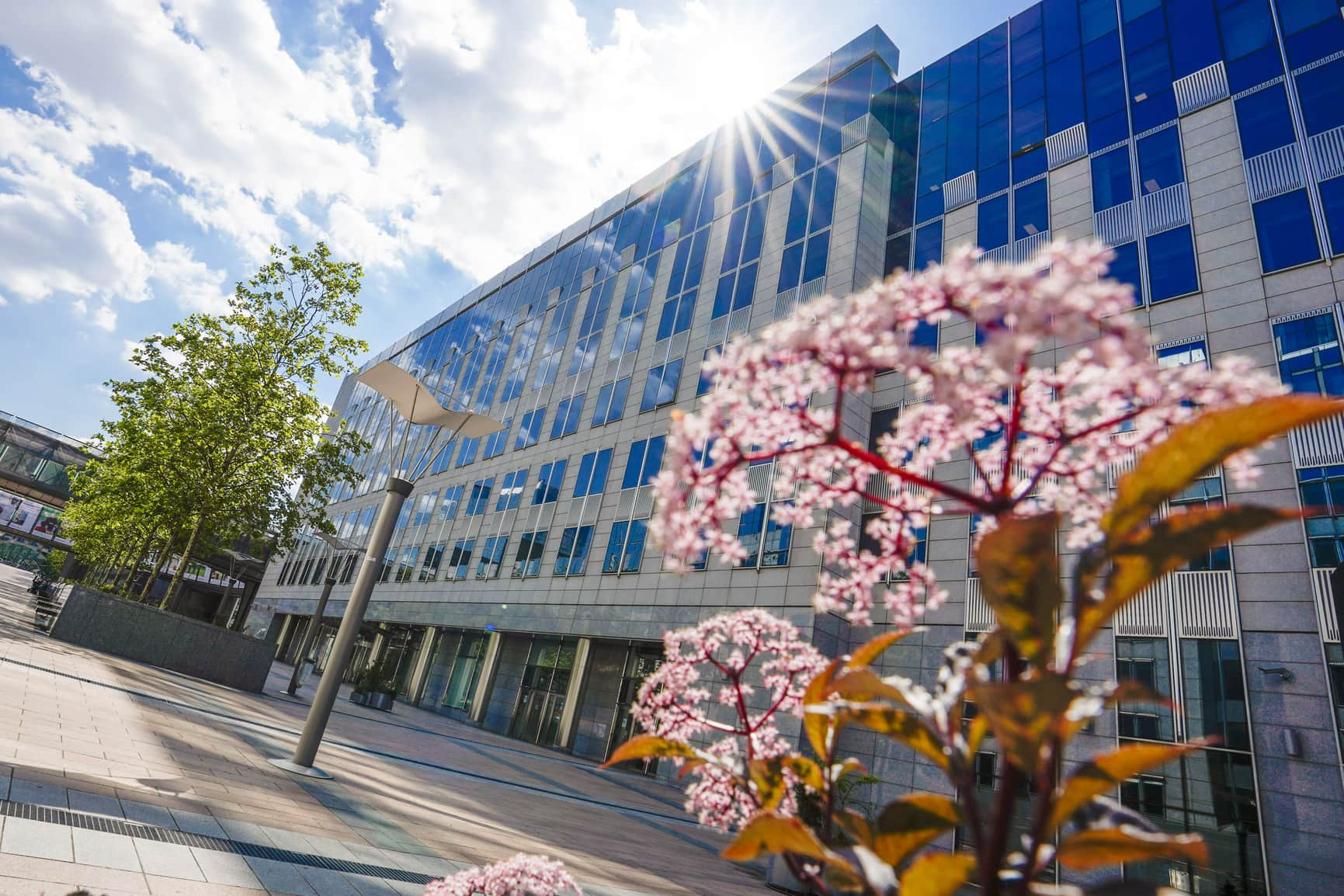It’s summer in the city! News on cybersecurity policy

Copyright© European Union 2020 - Source : EP
Jochen Michels, Head of Public Affairs Europe, Kaspersky
It’s the summer break in politics – in Brussels and in many European capitals. Time to take a deep breath and recharge our batteries for the challenges of the second half of the year. A good time to pick up impulses and develop new ideas.
Looking back, the first half of the year was very unusual. It was unexpected. The corona pandemic took us by surprise. It became the central issue for the economy, society and politics. And for each and every one of us.
On July 1, Germany took over the Presidency of the EU Council. The strategists in the Federal Chancellery and the federal ministries had long drawn up, discussed and adopted plans and programs. And then discarded them again with a brushstroke. Because the framework conditions have changed fundamentally. Have they really? Of course, the focus in the second half of the year is on dealing with the complex consequences and implications of the pandemic. Of course, the European economy must first of all pick up speed again. But of course, regardless of that, there are still long-term political objectives that need to be kept on track.
Climate change does not care about the pandemic; sustainability doesn’t suddenly become irrelevant, and digitization can’t suddenly take a break. Quite the contrary. The pandemic has intensified some developments and, at one point or another, rubs salt into the wound. Is Europe fit for the digital age? It was not only the pandemic that showed us where and what there is a need to catch up on. In the midst of the corona pandemic, a question arises: What lessons do we learn – and what is the digital memory of the corona crisis?
Let's go back to the German Presidency of the Council of the European Union: Digitization does indeed play an important role here, as Chancellor Angela Merkel made clear in her speech to the European Parliament on July 8. This is a good thing, because there are many roadworks: Of course, a reconstruction plan must be adopted, and the forthcoming EU budget has to be agreed on. In addition, the course must be set for the ‘Green Deal’ and legislation on artificial intelligence, platforms and data, and data security must also be introduced.
"Five themes are particularly important to me at this time," said Chancellor Merkel, naming fundamental rights, solidarity, climate protection, digitization, and Europe's responsibility in the world. The Chancellor added that it was important, "to transform Europe in a sustainable way if we want to protect and preserve Europe". Only then will Europe be able to play its own sovereign and responsible role in a rapidly changing global order.
"The effective protection of our democracies against cyberthreats and disinformation campaigns is also crucial," said Angela Merkel, commenting on the focus on digitization. Democracy lives from a public sphere in which knowledge and information can be shared.
Once again, back to the summer break. We think it’s a good time to read, pick up information and discuss. That is why we are now publishing our European newsletters on cybersecurity policy, with individual issues for Brussels as well as the policy in Germany, France, Italy and Spain. With the first issue of the newsletters, we hope to come at the right time and with the right topics: Industrial cybersecurity, transparency, the changing threat landscape amid the corona pandemic, digital violence, and much more. Happy reading!...
Please download the newsletter you want to read:
It’s summer in the city! News on cybersecurity policy
Kaspersky